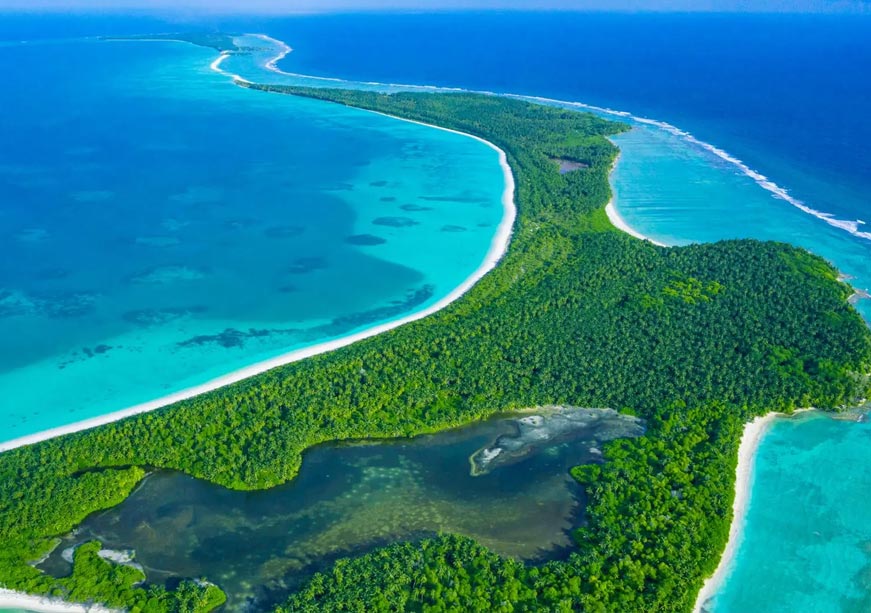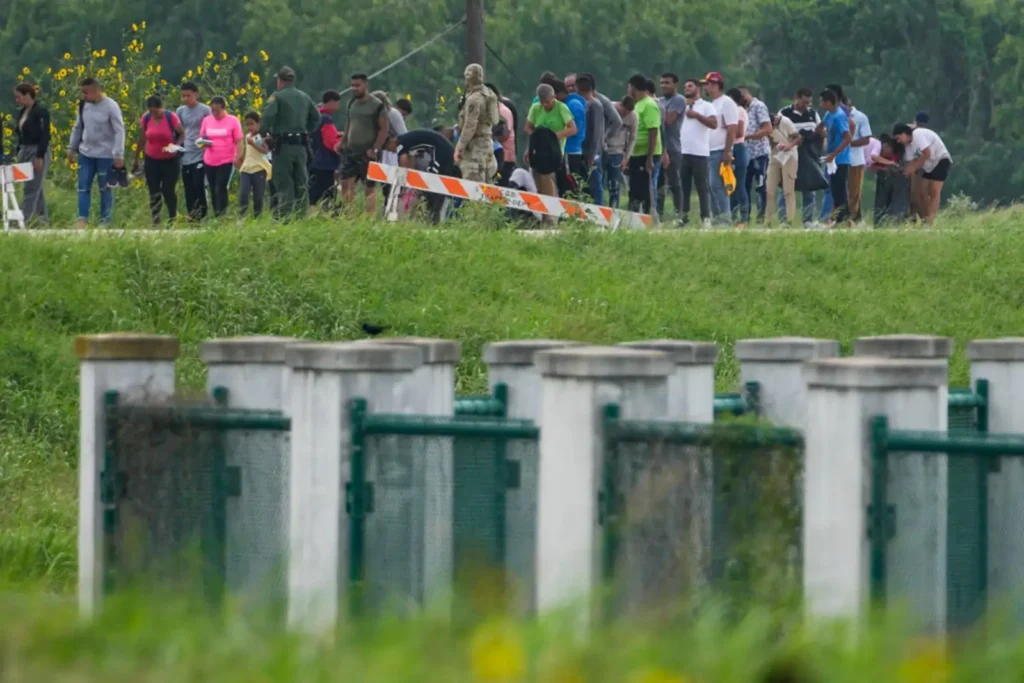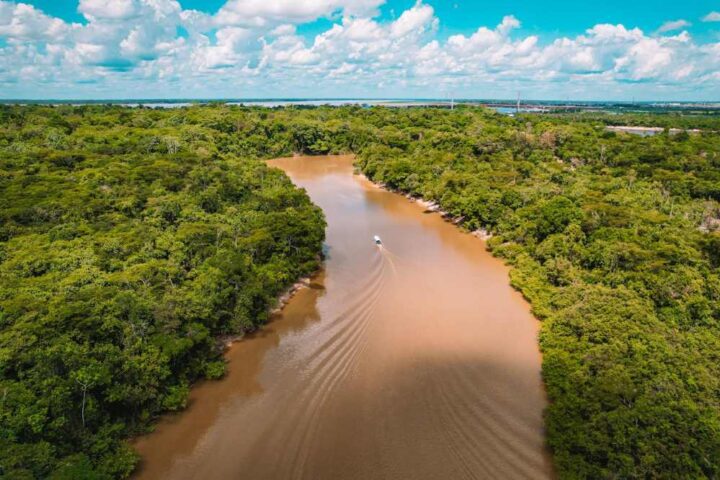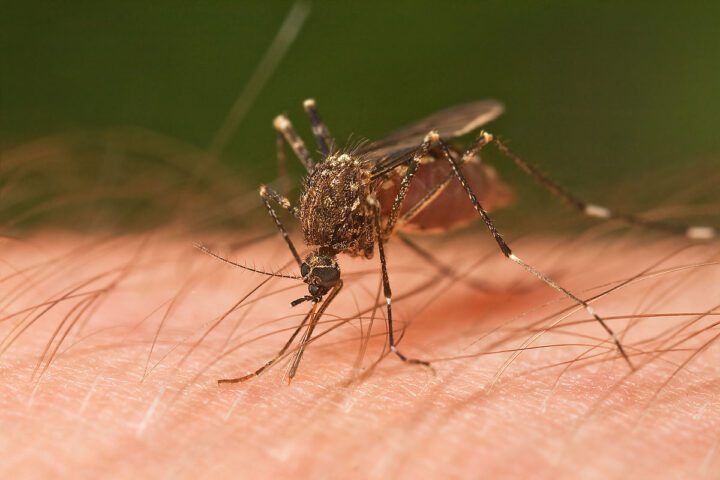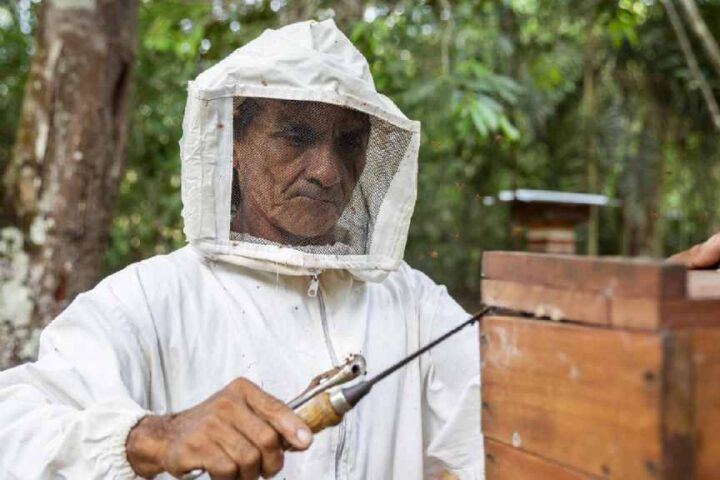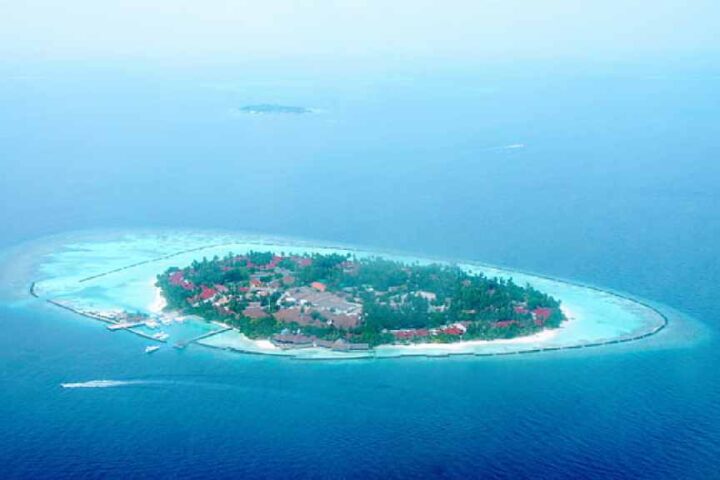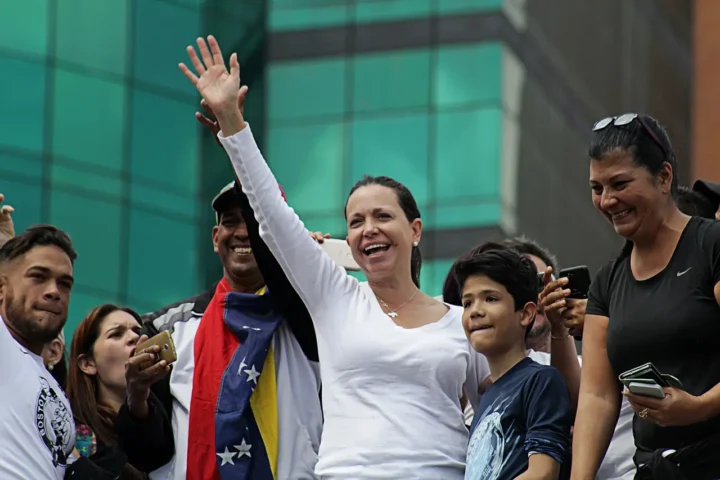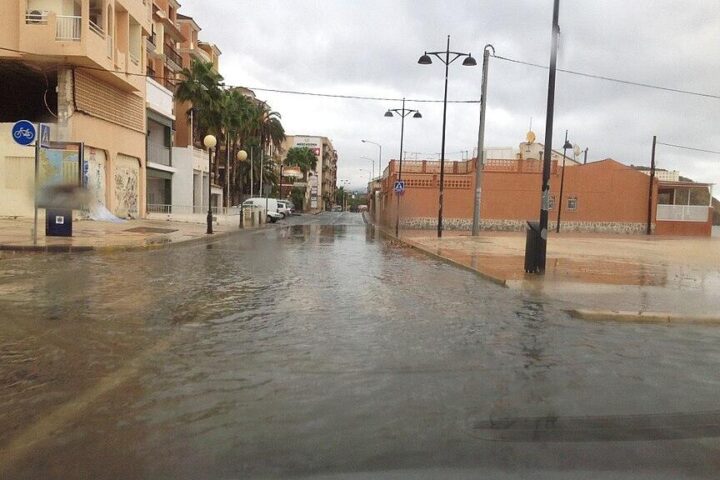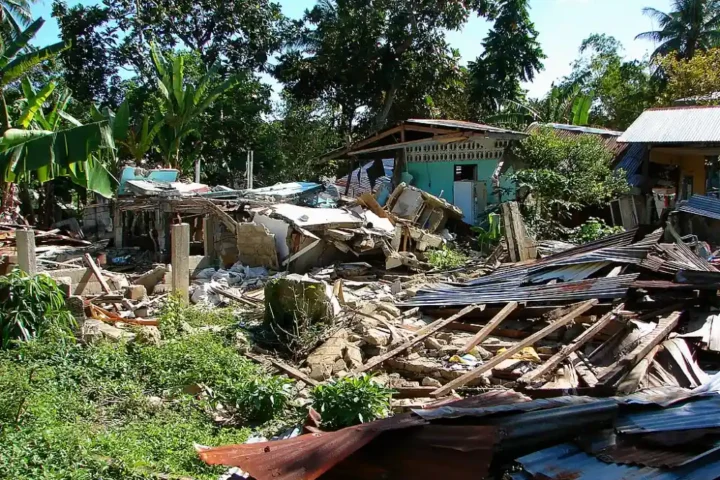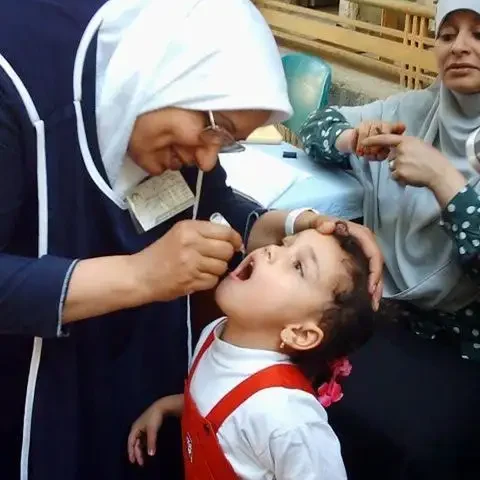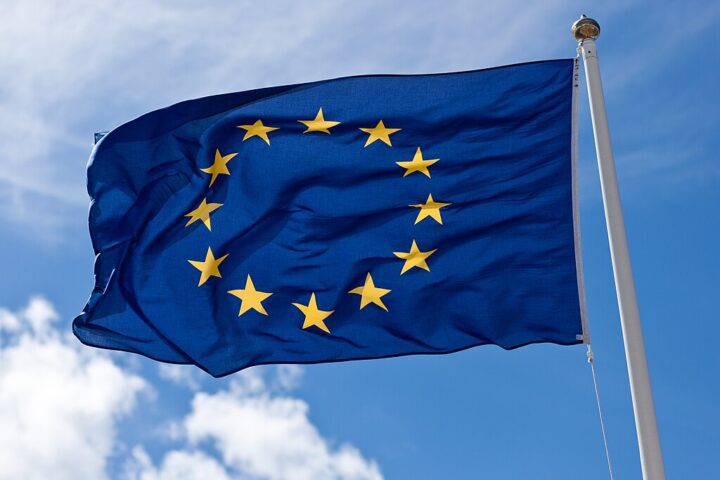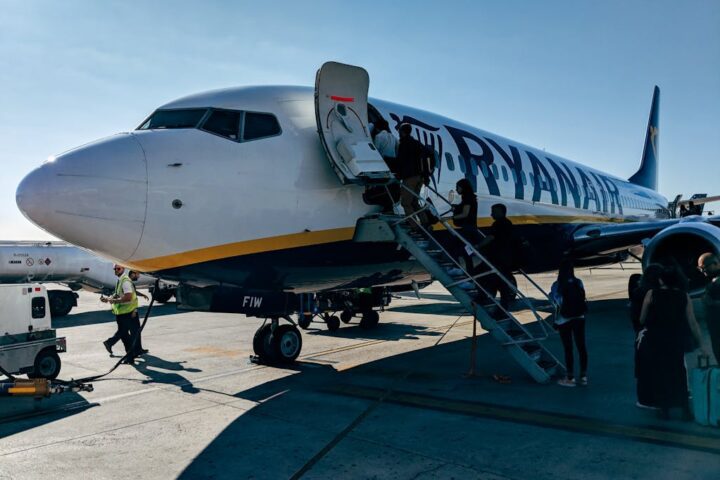In a landmark agreement, the United Kingdom has agreed to transfer sovereignty of the disputed Chagos Islands to Mauritius, ending years of bitter dispute over Britain’s last African colony. This deal, pending a formal treaty, follows decades of campaigning by Mauritius, which argued it was forced to give up the Chagos Islands in exchange for its independence from Britain in 1968.
Historical Context and Forced Displacement:
The Chagos Islands, located in the Indian Ocean, were unlawfully separated from Mauritius three years before it gained independence in 1968. This separation led to the forced displacement of up to 2,000 Chagossians from their homes in the 1960s and 1970s, a move described as a crime against humanity and one of the most shameful episodes of postwar colonialism.
Olivier Bancoult, chair of the Chagos Refugee Group, who was just four years old when his family was deported to Mauritius, welcomed the agreement, stating, “This has been a long struggle lasting more than 40 years and many of our people have passed away. But today is a sign of recognition of the injustice done against Chagossians who were forced to leave their homes.”
Mixed Reactions Among Chagossians:
Despite the historic agreement, reactions among the Chagossian community have been mixed. Some Chagossians feel excluded from the negotiations and decision-making process. Chagossian Voices, a community organization based in the UK and several other countries, expressed their concerns, stating, “Chagossian Voices deplore the exclusion of the Chagossian community from the negotiations which have produced this statement of intent concerning the sovereignty of our homeland. Chagossians have learned this outcome from the media and remain powerless and voiceless in determining our own future and the future of our homeland.”
Diego Garcia: A Strategic Military Asset:
A key provision in the agreement allows the joint UK-US military base on the island of Diego Garcia to remain operational for at least the next 99 years. The base has been a crucial asset for US military operations, particularly in the Middle East. The security of the Diego Garcia base is further complicated by the presence of more than 60 Tamil refugees who have been stranded on the island for three years while hoping to reach Canada.
Similar Posts
Geopolitical Implications and Concerns
The transfer of sovereignty has raised concerns among some UK politicians, who argue that it could harm Britain’s interests and compromise regional stability. Conservative leadership candidates have condemned the deal, with former Defense Secretary Grant Shapps calling it a “weak and deeply regrettable act.”
However, the agreement has received endorsement from US President Joe Biden, who welcomed it as a “clear demonstration that … countries can overcome longstanding historical challenges to reach peaceful and mutually beneficial outcomes.
The Road Ahead: Addressing Historical Wrongs and Future Prospects
The joint statement from the UK and Mauritius governments emphasized that the agreement would “address wrongs of the past and demonstrate the commitment of both parties to support the welfare of Chagossians.” The UK foreign secretary, David Lammy, highlighted the government’s efforts to secure the future of the military base while acknowledging the historical injustices.
Human rights organizations, such as Human Rights Watch (HRW), have called for full and unconditional reparations for the generations affected by the forcible displacement of islanders. Clive Baldwin, senior legal adviser at HRW, stated, “The agreement says it will address the wrongs against the Chagossians of the past but it looks like it will continue the crimes long into the future.”
As the UK and Mauritius work towards finalizing the treaty, the international community will closely watch how the agreement addresses the rights and needs of the Chagossian community, as well as its impact on regional security and geopolitical dynamics.
